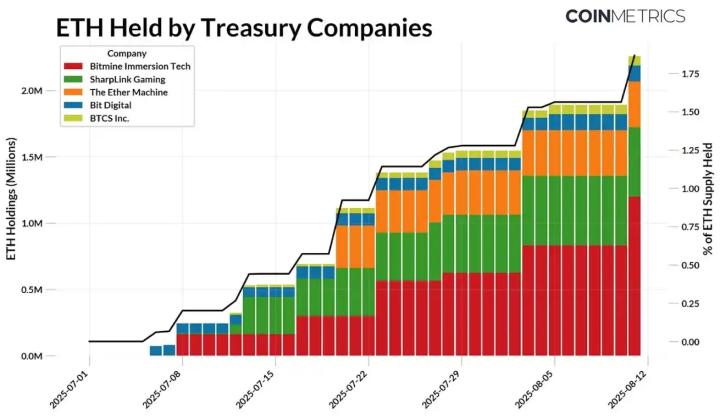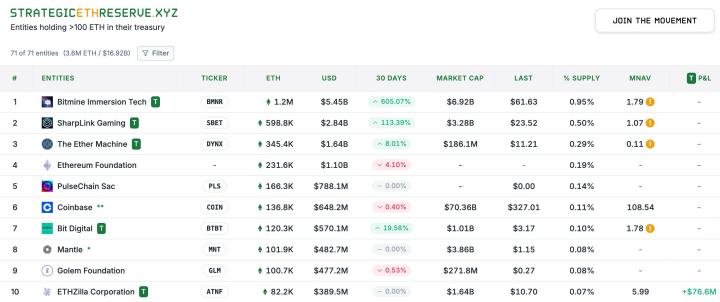Citigroup is making a new move into Web3, seeking a custody role for stablecoin and crypto ETF collateral assets, stepping into the deep waters of digital assets.
In the past, mainstream banks mostly "observed from a distance" when it came to Bitcoin and Ethereum. Now, with increasingly clear regulatory contexts and friendly policies from the Trump administration, Citigroup has focused its sights on the stablecoin market with more compliance advantages.
According to Citigroup's internal estimates, the stablecoin scale is expected to expand to $3.7 trillion by 2030, enough to rewrite cross-border settlement, capital management, and wealth allocation. Biswarup Chatterjee, Global Head of Collaboration and Innovation in their financial services division, stated directly:
Providing custody services for high-quality stablecoin assets is our primary consideration. ...Crypto ETFs are also a possibility, as they require custody of equivalent digital currencies to support them.
Custody Ecosystem: A Competition of Safety and Scale
Whether user assets can be steadily protected is key to large-scale adoption of crypto financial services. The US 'GENIUS Act' requires stablecoin issuers to hold audited, one-to-one cash or government bond reserves.
Citigroup has seized this threshold, planning to incorporate high-quality government bonds and cash positions into its own vault; the bank's existing risk management processes are expected to reduce the uncertainty of tokenized asset operations. Currently, crypto ETF collateral custody mostly flows to Coinbase, with about 80% market share, but Citigroup's trust in traditional financial customer groups gives it a significant market opportunity.
Tokenized Payment: 24/7 Settlement Becomes Possible
On the other hand, Citigroup also sees blockchain's potential to improve payment efficiency. Its internal 'Citi Token Services' platform has completed multiple practical tests in New York, London, and Hong Kong, handling amounts in the billions of dollars, proving that tokenized deposits can complete second-level settlement in a 24/7, year-round framework.
Citigroup is also working with financial technology partners like Payoneer, attempting to extend its service tentacles to cross-border e-commerce and freelancer payment needs, thereby building the next-generation global clearing network.
Traditional Finance Collectively Starts, Competition Enters Deep Waters
Citigroup's actions are not alone. Banks like JPMorgan, Goldman Sachs, and Bank of New York Mellon have also tested the waters, covering areas such as using crypto as loan collateral, providing bank-level risk management for DeFi protocols, and more. Although each approaches from a different angle, the underlying logic is consistent: combining blockchain efficiency with existing regulatory advantages while ensuring anti-money laundering, cybersecurity, and customer protection.
In summary, Citigroup is accelerating the extension of its traditional banking brand into the digital asset domain by leveraging custody services and combining tokenized payment tests. Although future challenges include market share competition, security incidents, and unified technical standards, Wall Street has clearly stated: Blockchain is no longer just a peripheral attempt, but a new mandatory course for financial infrastructure.







